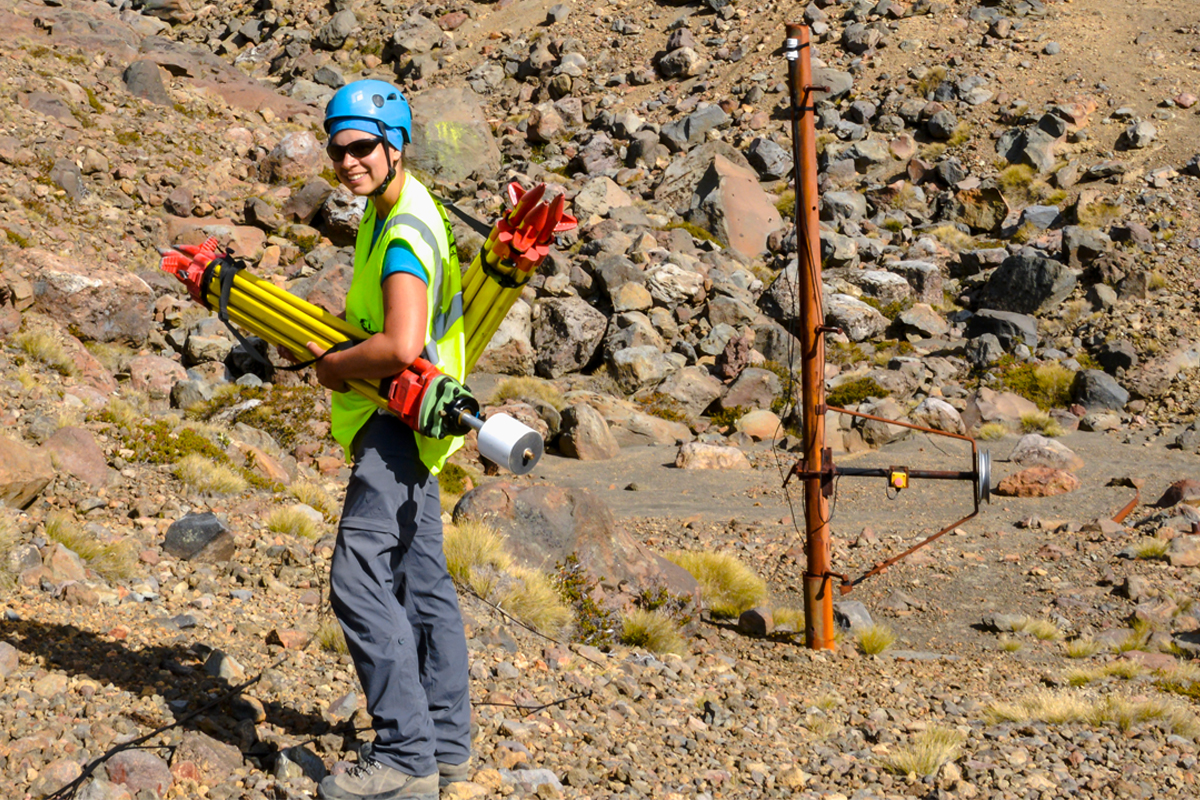All Categories
Featured
Table of Contents
Geophysical Survey Permit Program in Stirling Oz 2020
This work is significantly contracted out, so consultancies supply another source of employment. Consultancy companies differ in size, from extremely small companies to large multinationals. Some consultancies are rather specialised in using particular geophysical strategies or operating in specific locations, while others provide a more diverse variety of services to their customers.
The extraction of gas from landfill websites is another area of employment and this might grow in the future. Expedition business might carry out work for construction firms, public utility, mining companies and ecological agencies, so geophysicists may be used in any of these settings. Other employers consist of: geological surveysgovernment bodies and agenciesuniversities and research institutes.


Jobs might be listed in the oil and gas sector press. Recruitment is impacted by oil rate changes and the level of competitors for positions differs depending upon this. Careers Days, which cover the full variety of geoscience careers and are usually gone to by a number of essential industry companies, are run by The Geological Society.
How To Become A Geologist Or Geophysicist in Roleystone Western Australia 2021
A few of the big oil and gas business offer a complete two-year structured training programme throughout the breadth of geophysics, consisting of the chance to experience operate in various teams prior to specialising in one location. Your training might include work on: existing wellsmagnetic and gravitational possible field information analysisresearchrock analysis. It's more usual for your initial training to be offered on the job.

There might be a probationary period throughout which you work together with an experienced coworker. Competency-based appraisals occur regularly in the majority of companies. In smaller firms, and for academic posts, there is not likely to be any formal training - you'll be anticipated to begin work straightaway and choose up skills as you go along.
If you work for a smaller sized company, you might find that you require to take obligation for organizing and moneying your own advancement and training. If you have a geology degree, subscription of The Geological Society can be helpful for networking and for maintaining to date with the market.
Marine Geophysical Surveys in Helena Valley Aus 2022
You may likewise find it helpful to join the PESGB (The Petroleum Expedition Society of Great Britain, which has a geophysics special interest group. After a probationary duration, and once you have actually gotten some experience, you could advance to senior geophysicist, then team leader and after that into a senior function in management.
The ease of motion in between functions depends upon the company structure. Study at Masters or Ph, D level in a subject related to geophysics or geosciences might help with your career advancement and progression. The employment market within the oil and gas market is extremely based on rate and this may affect your opportunities for profession progression.
For knowledgeable geophysicists, freelance consultancy offers a great route for career development. As a geophysicist, you're likely to have a number of tasks throughout your working life.
What Is Geophysics? in North Beach Oz 2023
From geophysics, it's possible to concentrate on seismology (finishing additional training to become a seismic interpreter) or to move into related areas such as engineering geology or danger forecast.
Deciding what to study in college is a tough option. Even if you know that your field of interest lies in science, what program of research study is best for you?
The very first step to accomplishing your objective of becoming a geophysicist is earning a degree. Even for entry-level positions in the field of geoscience, you'll require a bachelor's degree (a geophysicist college degree) from a certified college or university. Geophysicists need to be able to: examine rocks, photos, and other pieces of data conduct research study both in the field and in laboratories create maps and charts of their findings compose reports To accomplish all this, students need a specialized education for geophysicist professions.
As stated above, you'll need a bachelor's degree in geoscience or a related discipline, such as a physical science or a life sciences, to land an entry-level task. But trainees can likewise prepare by learning subjects like: Biology Chemistry Computer technology Engineering Mathematics Physics The above geophysicist majors provide a more generalized approach to a single scientific discipline, but the majority of programs need trainees to take one or more geology course.
Table of Contents
Latest Posts
How To Become A Geophysicist in Tuart Hill Western Australia 2020
What Do Geoscientists And Hydrologists Do? in Oakford WA 2023
Recent Advances In Optimized Geophysical Survey Design in Mindarie Australia 2021
More
Latest Posts
How To Become A Geophysicist in Tuart Hill Western Australia 2020
What Do Geoscientists And Hydrologists Do? in Oakford WA 2023
Recent Advances In Optimized Geophysical Survey Design in Mindarie Australia 2021